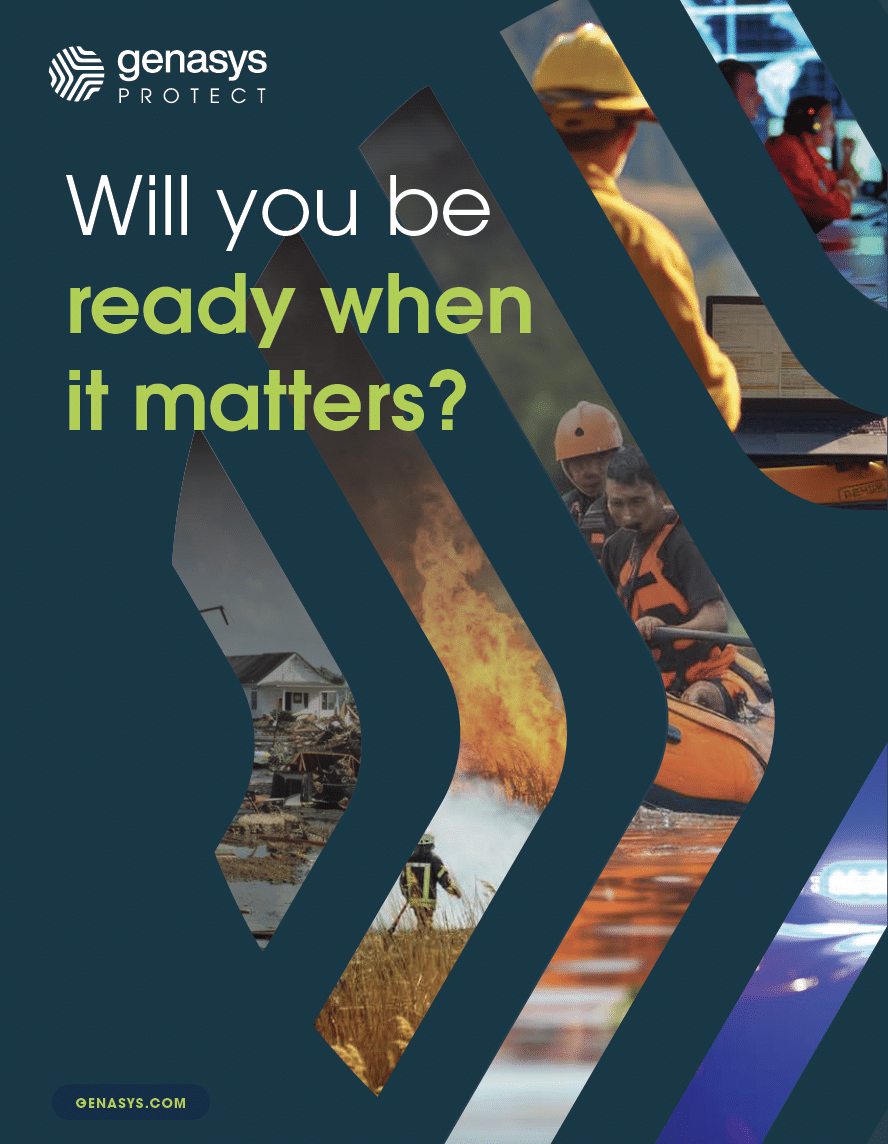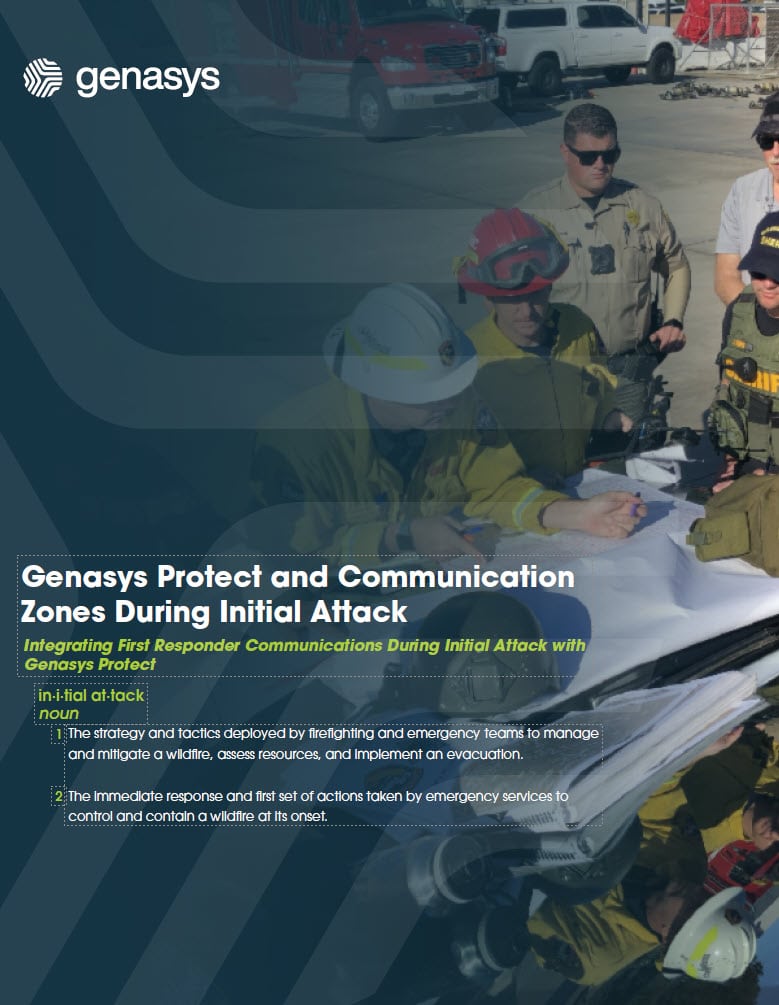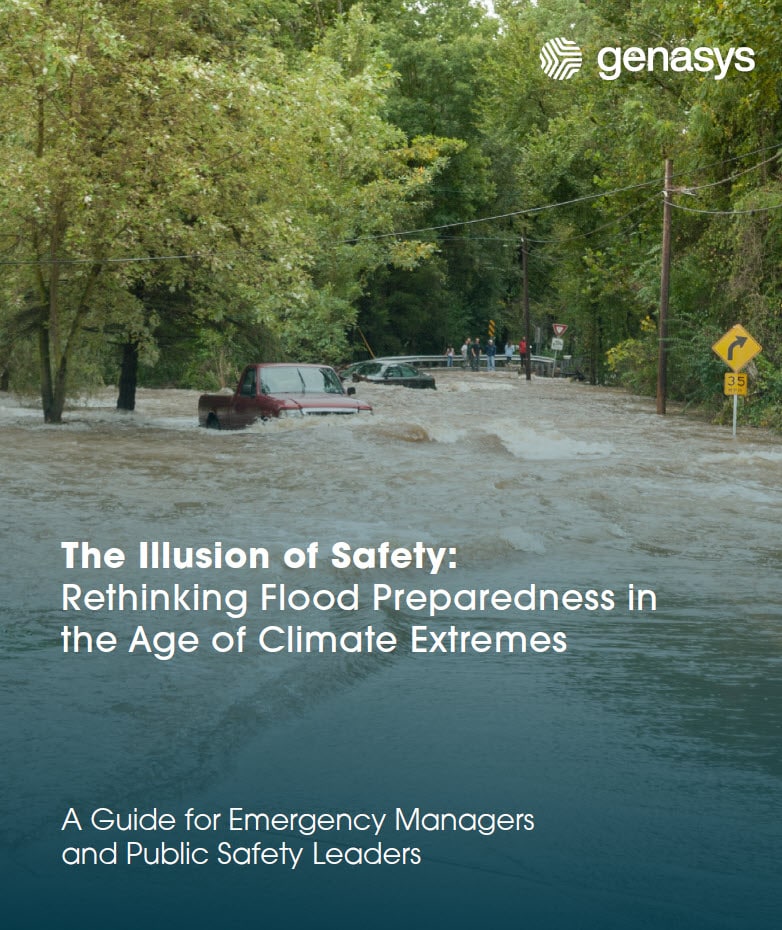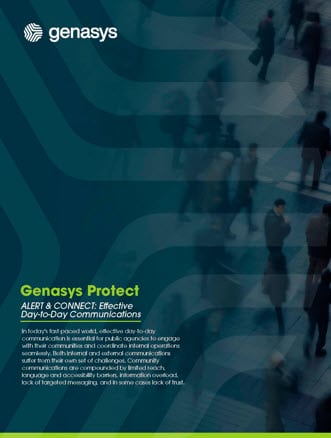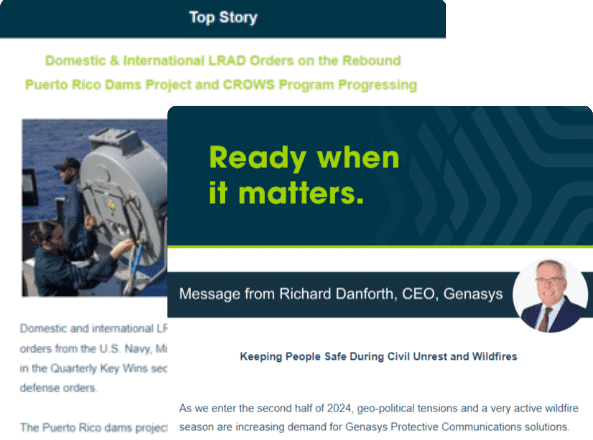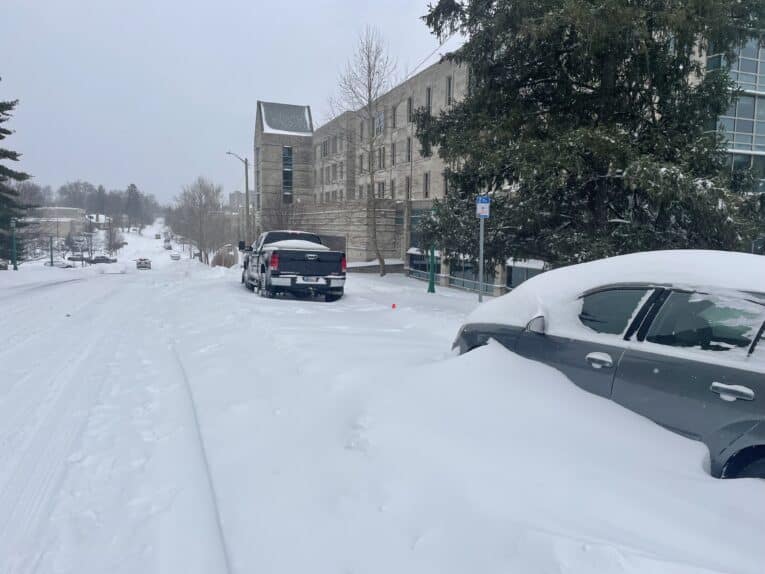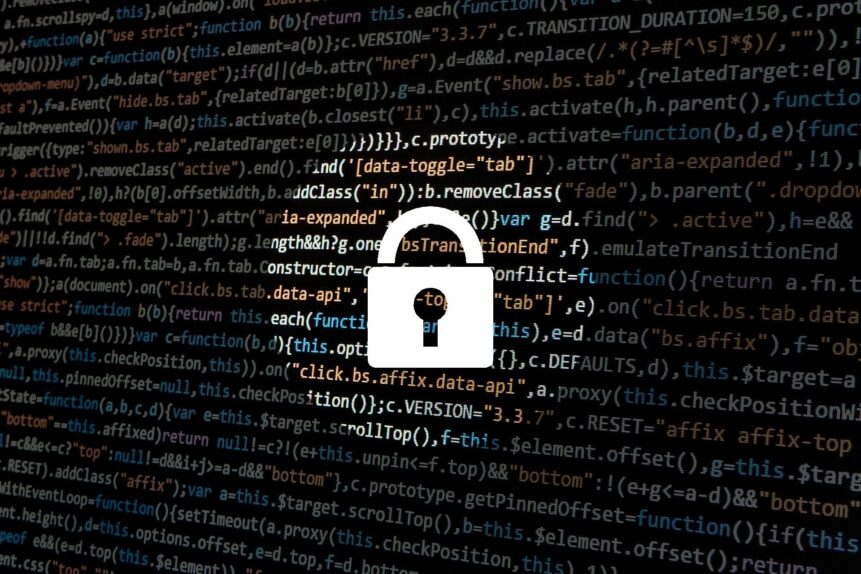By Pedro Candela Terry, Content Marketing Manager
911 is the backbone of emergency response systems. What happens when this key service shuts down? It can be alarming and potentially life-threatening if not handled swiftly and effectively. In light of recent 911 system outages in the central United States, it’s important to refresh on best practices for cities navigating such challenges and ensuring continuity in emergency response during 911 outages.
Establish Redundancies and Failover Systems
Just like any critical infrastructure, 911 systems should have built-in redundancies and failover mechanisms. Cities need to invest in backup systems that can seamlessly take over in case of primary system failure. These redundancies could include backup call centers, alternative communication channels (such as text-based emergency services), or even rerouting emergency calls to neighboring jurisdictions.
Implement a Communication Plan
Clear and effective communication is paramount during emergencies. Cities should have a pre-established communication plan in place to notify residents, emergency responders, and relevant stakeholders about the 911 outages. This plan should include alternative contact numbers, instructions for accessing emergency services, and regular updates on the status of the outage and efforts to resolve it.
Utilize Technology Solutions
Cities can leverage various technological solutions, such as mobile applications, social media platforms, and emergency notification systems, to disseminate critical information and receive reports of emergencies. This mitigates 911 outage impacts and improves optimization and learning capabilities post event. Additionally, deploying automated systems for prioritizing and triaging emergency calls can help optimize the use of limited resources during an outage.
Amongst its many emergency management and first response capabilities Genasys Protect provides targeted mass communication that serves as a vital backup communication system during a 911 outage. Its multi-channel communications, which include SMS, email, social media, and a mobile app, can disseminate critical information to residents. By keeping the community informed and directing them towards alternate methods to contact emergency services Genasys Protect reduces panic and improves safety levels for the community.
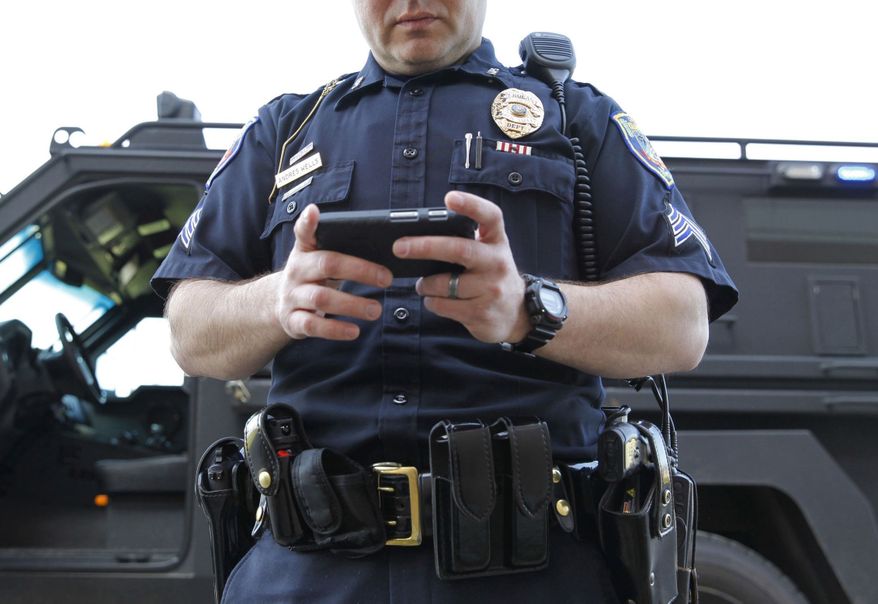
Train and Empower Emergency Personnel
Given first responders’ crucial role, cities should invest in comprehensive training programs to ensure they are equipped to handle emergencies effectively even without access to 911 services. This training should cover alternative communication protocols, decision-making in high-stress situations, and coordination with other agencies.
Engage the Community
Community involvement is key to resilience in times of crisis. Cities should engage with residents, community organizations, and local businesses to raise awareness about emergency preparedness and alternative means of seeking help during a 911 outage. Public education campaigns, workshops, and drills can help empower individuals to take proactive steps to protect themselves and their loved ones.
Besides keeping residents informed on safety training and awareness campaigns through mass notification, the Genasys Citizen’s Site and App provides a source of self-service information. It gives residents access to information that is relevant to them. This can include information on whether outages are affecting them or neighboring areas, and what methods they should be using to contact emergency services based on their location.
Conduct Regular System Maintenance and Testing
Prevention is always better than cure. Cities should prioritize regular maintenance and testing of their 911 systems to identify and address potential vulnerabilities before they lead to outages. This includes software updates, hardware inspections, and simulated drills to evaluate the readiness of emergency response personnel and systems.
Evaluate and Learn from Incidents
After the resolution of a 911 outage, cities should conduct thorough post-incident reviews to identify root causes, evaluate the effectiveness of their response efforts, and implement corrective measures to prevent similar incidents in the future. Continuous learning and improvement are essential for enhancing the resilience of emergency response systems.
In Closing
While the prospect of a 911 outage in 2025 may seem daunting, cities can minimize the impact by adopting proactive measures and leveraging available resources effectively. Genasys provides communication, emergency management, community engagement, and 24/7 maintenance services that improves redundancy, both responder and citizen training, and enhances optimizing capabilities when learning from past incidents. Cities can enhance their ability to ensure public safety and resilience even in the face of unexpected challenges.
Contact Genasys to learn more about protective communications software that ensures you’re ready when it matters.



